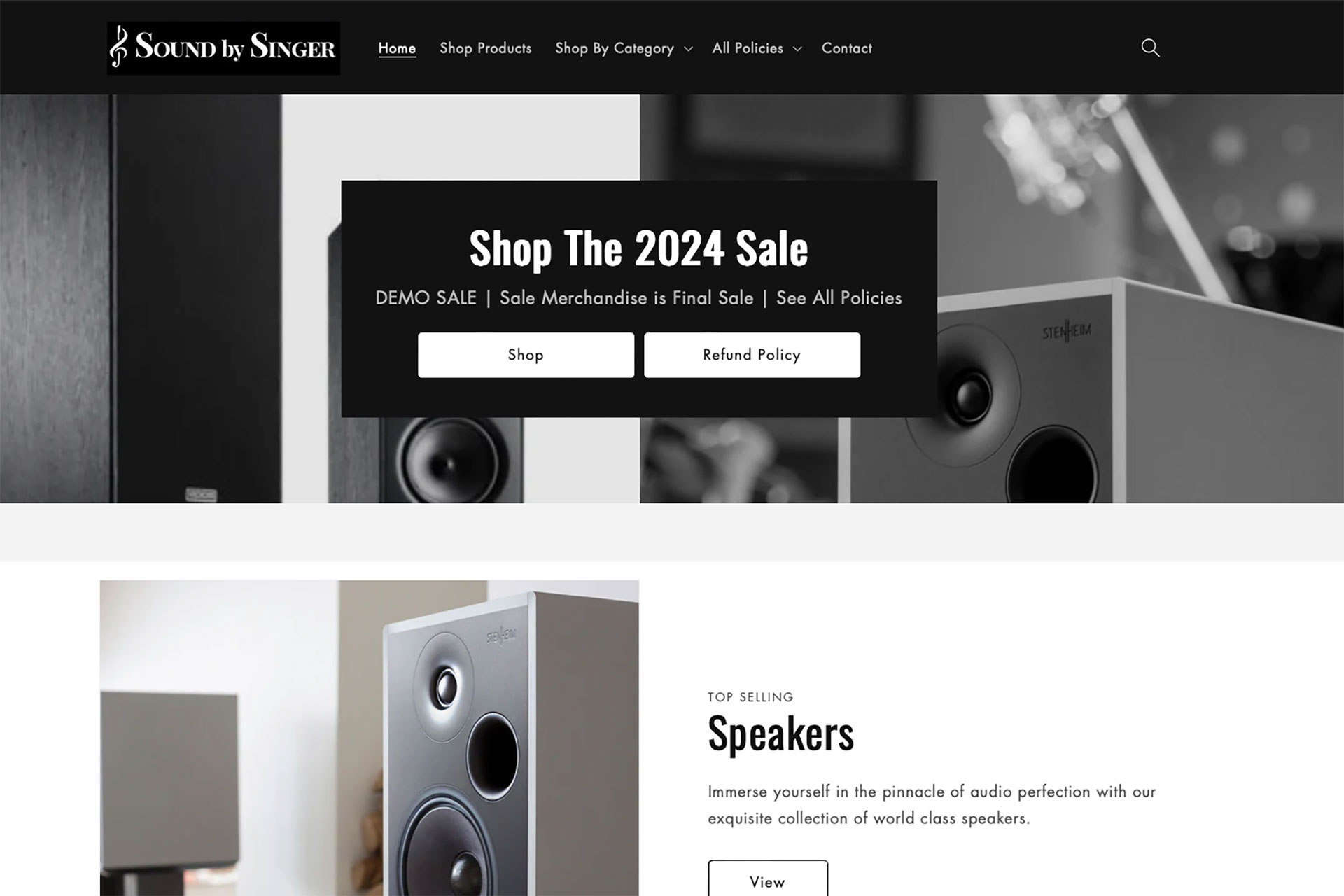I’m really trying to be both thoughtful and clear here and I don’t want to waste your time, so please accept my apologies if I fail in any of those areas…
As I move through life, I follow a path along a fairly linear tapestry of mostly consistent muted colors and textures. But there are often brilliantly-colored or otherwise-intriguing occasions that cause me to either hurry past and avoid, or slow down and linger, exploring and spending time to enjoy, learn, and appreciate.
When I was younger, there was so much of that tapestry ahead of me that I was constantly choosing between investigating every bright stitch or simply charging ahead to see what’s yet to be discovered. It was exciting, and I had the energy to thrive on that excitement. Of course, I also missed a lot of opportunities.
Of course, it’s not just age but also opportunity and personal characteristics that determine whether we quickly pass by experiences or linger among them. And I think that helps explain why some people are audiophiles and some aren’t.
I’m sure that there are many people who don’t “hear much difference between an audiophile rig and their car stereo,” but I really don’t believe that most can’t if they are willing to linger. That “willingness,” of course, requires that they actually have the opportunity to hear really good sound and also that they perceive sufficient potential benefit in investing their time and resources. For me, high-end music reproduction often provides an altered state of reality in which my hearing and my mind almost feel like they have super powers, and I’m exhilarated by the experience (which helps explain why it usually happens in a solitary setting).
I’m confident that life used to be simpler. Most of us were very clear about what was good, bad, achievable, out-of-reach, and the roles that we were expected to play in society. Life was mostly a series of multiple-choice questions, with all the good and the bad inherent in that format. Today, not only are we engaged in a very complex essay question, but we keep getting texts and input that change the variables every few minutes. Thus, the most important skill I learned while raising my daughters was how to gently reveal possible paths and consequences to them without simply pushing them down corridors.
So…”audiophilia.” My take is that there can be great joy and fulfilment in deeply exploring the creation and re-creation of recorded music, together with enjoyable engagement in discovering techniques and technologies for doing so. However, I think that the “tapestry” being navigated by post-boomer generations is not as narrow and linear as the 20-inch high by 230-feet long Bayeaux tapestry I’ve lived through. That means that more recent generations are far more likely to either entirely miss or to simply pass by some of those gorgeous wormholes that I have loved so much.
The future of audiophilia depends on innovators’ ability to draw prospective customers from a distance while they are also moving at 100 miles an hour. I think that likely requires revolution, not just evolution.










